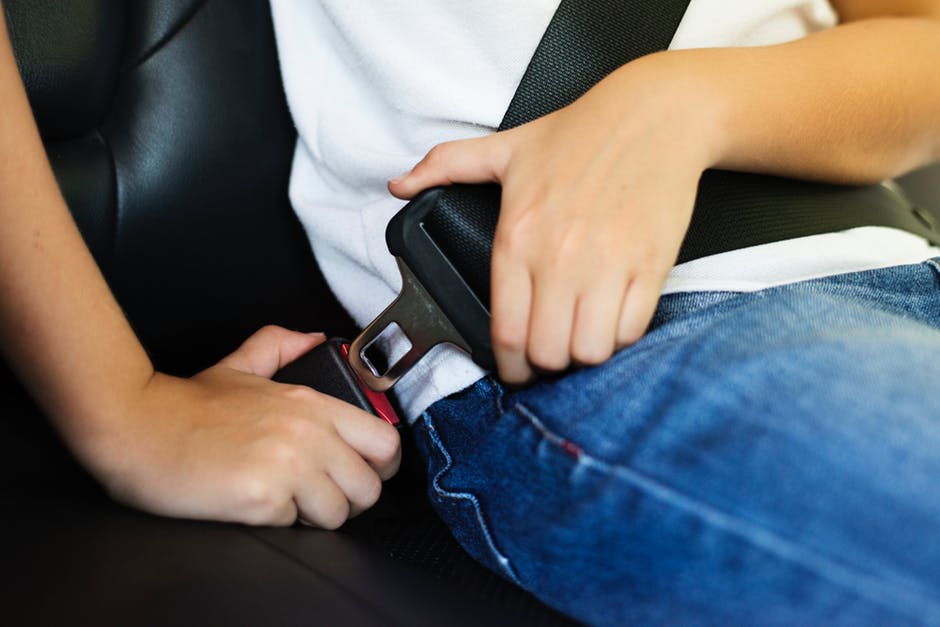Did you know it takes many hours to get from Washington, DC, to Virginia?
Virginia is famous for its mild weather, beautiful landscapes, and historical landmarks.
Yet, knowing the Virginia driving laws can also make your trip safer and more enjoyable. Here are a few must-know driving laws to help you navigate the roads in and around Virginia.
1. “No Tolerance” Policy for Underage Drinking and Driving
The legal blood alcohol limit for adults 21 and over is .08. This is Virginia’s “no tolerance” policy for underage drinking and driving.
If convicted of DUI, they will have to pay $2,500, up to one year in jail, and suspend their driver’s license for up to 12 months. You may also need to attend an alcohol education program and have an ignition interlock device (IID) installed on your vehicle.
If you are a first-time offender, you may be eligible for a restricted driver’s license after serving a part of your suspension. The no-tolerance policy is in place to help keep Virginia’s roads safe and prevent underage drinking and driving.
2. No Driving Under the Influence With a Minor
You will face harsh penalties if you are convicted of DUI with a minor in the car. These can include a least fine of $500, up to one year in jail, and a one-year license suspension. Driving under the influence with a child under 16 in the car will get a felony, and they could face up to 10 years in prison.
You will also need to install an ignition interlock device in your vehicle. This device prevents the car from starting if it detects alcohol on your breath.
These penalties include a driver’s license suspension, fines, and jail time. If convicted of DUI with a minor in the car, you will also have a permanent record of the offense.
3. All Drivers Must Have a License
All drivers in Virginia must have a valid driver’s license. Virginia driving law requires that all licensed drivers maintain an excellent right while operating a vehicle on Virginia’s highways. Virginia also requires all drivers to have the least liability insurance.
Driving without a valid driver’s license is a severe offense in Virginia. If you are going without a request, you could face severe penalties. You could be fined up to $2,500 and jailed for up to 12 months.
4. Speed Limits
Speed limits in the Commonwealth of Virginia vary depending on the type of road and the location. Generally, an interstate highway’s speed limit is 65 miles per hour. The speed limit on other highways is generally 55 miles per hour unless posted otherwise.
Speed limits in residential areas and school zones are 30 or 35 miles per hour. It is important to note that there is a minor speed limit of 40 miles per hour on all highways in Virginia.
5. Seatbelts Are for All Drivers and Passengers
Drivers are responsible for making sure all their passengers are buckled up. That includes front-seat and back-seat passengers of all ages. If you’re caught driving without a seatbelt, you can be fined $25.
If you’re caught driving with a passenger who isn’t belted in, you can be fined $50. not to mention it’s safer to wear a seatbelt. You’re much more likely to be injured in a crash if you’re not wearing a seatbelt. So, buckle up and make sure your passengers do too. It could save your life.
6. No Texting While Driving
No texting while driving is a Virginia law that prohibits anyone from writing, sending, or reading a text message on a cell phone while operating a motor vehicle. The rule applies to email, instant messaging, and other internet data services while driving.
Penalties for violating the law can include a fine of up to $250, up to 10 days in jail, or both. A person who breaks the law and causes a traffic accident may be fined up to $2,500. He will be imprisoned for up to one year or both.
7. Move Over Law
In Virginia, the Move Over law requires drivers to move over or slow down when they see certain emergency vehicles stopped on the side of the road with their lights flashing. The law is in place to help protect police officers, firefighters, EMS personnel, and tow truck operators working on the side of the road.
The purpose of the law is to keep officers and first responders safe as they work. You must slow down 20 miles below the posted speed limit if you can’t move over. The penalty for violating the Move Over law is a $250 fine and three points on your driver’s license.
8. Drive on the Right Side of the Road
Virginians need to know that it is against the law to drive on the right side of the road. The Virginia State Police have issued a statement saying that driving on the right side of the road is dangerous and also against the law.
Driving on the right side of the road can cause head-on collisions and make it difficult for drivers to see oncoming traffic. The State Police urge all drivers to obey the driving laws in Virginia and drive on the left side of the road.
Follow All Virginia Driving Laws
If you’re new to Virginia or need a refresher, familiarize yourself with the Virginia Driving Laws. From speed limit changes to cell phone use, there are vital things to remember while behind the wheel.
Finally, if you are ever in doubt about a law or rule, consult a qualified legal professional. By following these laws and using common sense, you can help keep Virginia’s roads safe for everyone.
Did you find this article helpful? If so, read our blogs today for more information about legal tips!

